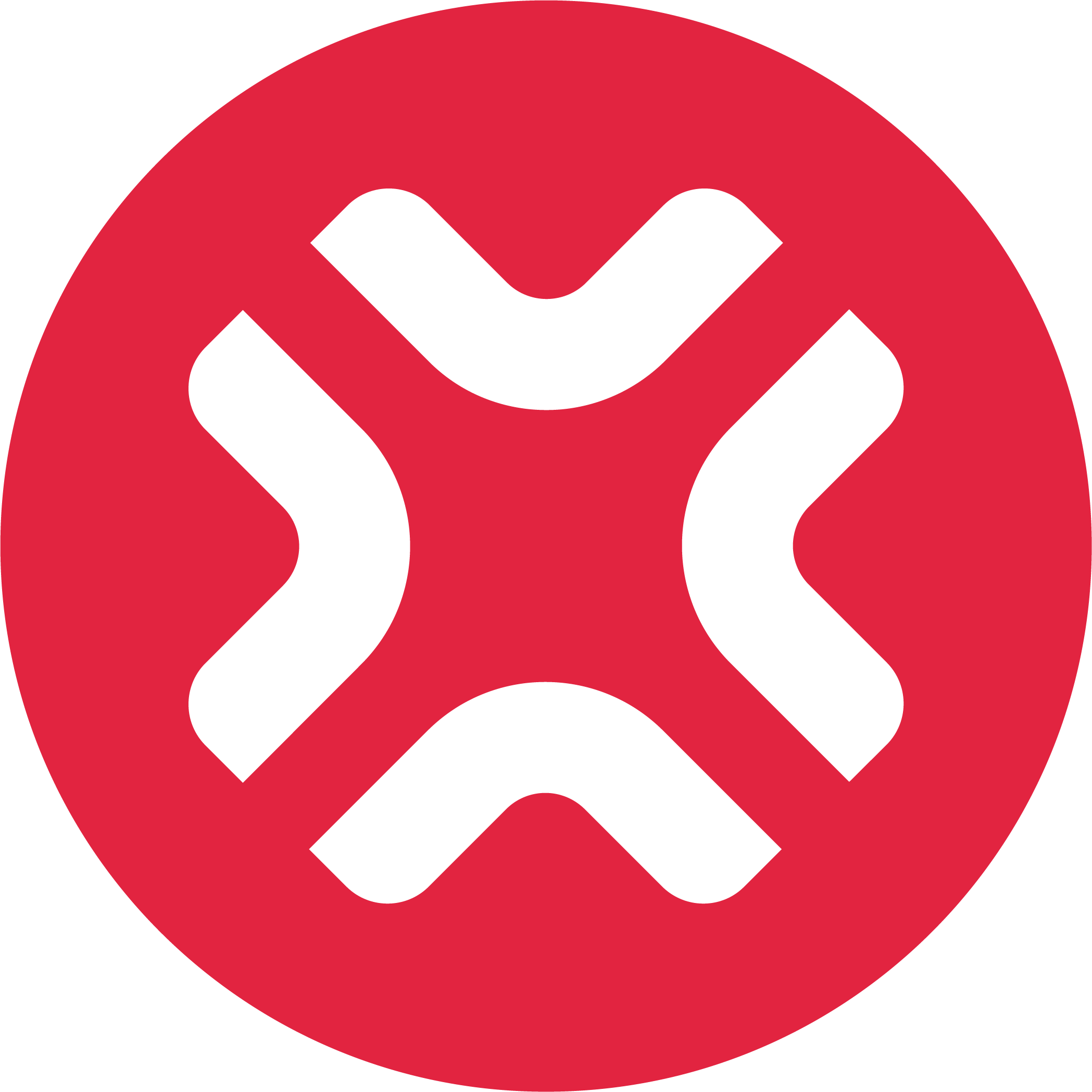The technology behind Ta-da (TADA) is a decentralized micro-tasking platform supported by a Web3 ecosystem. This platform leverages blockchain technology to ensure secure, transparent, and decentralized data collection. By utilizing Web3, Ta-da enables users to perform micro-tasks that contribute to high-quality and diversified data collection, which is both cost-effective and efficient.
At the core of Ta-da's technology is its blockchain, which underpins the entire platform. Blockchain is a distributed ledger technology that records transactions across multiple computers in a way that ensures the data is immutable and transparent. This decentralized nature means that no single entity has control over the entire network, reducing the risk of data tampering and increasing trust among users.
One of the primary advantages of using blockchain in Ta-da is the enhanced security it provides. Each transaction or data entry is encrypted and linked to the previous one, forming a chain of blocks. This makes it extremely difficult for bad actors to alter any information without being detected. For instance, if someone tries to change a block, they would need to alter all subsequent blocks, which is computationally infeasible due to the consensus mechanisms in place.
Speaking of consensus mechanisms, Ta-da employs a system that ensures all participants in the network agree on the validity of transactions. This could involve proof-of-work (PoW), proof-of-stake (PoS), or other consensus algorithms that prevent double-spending and other fraudulent activities. By requiring network participants to reach a consensus, the blockchain maintains its integrity and security.
In addition to security, Ta-da's blockchain offers transparency. Every transaction is recorded on a public ledger that anyone can view. This transparency is crucial for verifying the authenticity of data and ensuring that all participants are fairly compensated for their contributions. For example, when a user completes a micro-task, the transaction is recorded on the blockchain, providing a verifiable record of their work and ensuring they receive their TADA tokens as remuneration.
Ta-da's platform also emphasizes flexibility and customization. Companies can specify and customize their data collection requirements in detail, allowing for tailored solutions that meet precise criteria. This customization is facilitated through smart contracts, which are self-executing contracts with the terms of the agreement directly written into code. Smart contracts automate the execution of tasks and payments, reducing the need for intermediaries and increasing efficiency.
Moreover, Ta-da ensures perfect traceability of the production and verification process. Every step, from task assignment to data submission and verification, is recorded on the blockchain. This traceability not only enhances accountability but also allows for easy auditing and verification of the data collected. For instance, if a company needs to verify the source of a particular data set, they can trace it back through the blockchain to the individual tasks and users who contributed.
The use of TADA tokens further integrates the community into the platform. These tokens serve as a means of fair remuneration for users who complete micro-tasks. By distributing tokens as rewards, Ta-da incentivizes participation and ensures that users are compensated for their efforts. This token-based economy also aligns the interests of all participants, fostering a collaborative environment where everyone benefits from the platform's success.
Ta-da's web and mobile applications provide an accessible interface for users to engage with the platform. These applications allow users to browse available tasks, submit data, and track their earnings in TADA tokens. The user-friendly design ensures that individuals of all ages and technical backgrounds can participate in the data collection process, contributing to the platform's diverse and comprehensive data sets.
In essence, Ta-da's technology combines the strengths of blockchain, Web3, and smart contracts to create a secure, transparent, and efficient micro-tasking platform. This innovative approach not only enhances data collection but also empowers users by providing fair compensation and fostering a collaborative community.
 Most Visited
Most Visited Community Sentiment
Community Sentiment Chain Ranking
Chain Ranking Bitcoin Dominance
Bitcoin Dominance Market Cycle Indicators
Market Cycle Indicators Relative Strength Index (RSI)
Relative Strength Index (RSI) Overall NFT Stats
Overall NFT Stats Upcoming Sales
Upcoming Sales Signals
Signals Trending
Trending New
New Gainers
Gainers Meme Explorer
Meme Explorer Community Votes
Community Votes Top Traders
Top Traders Feeds
Feeds Topics
Topics Lives
Lives Articles
Articles Research
Research





































